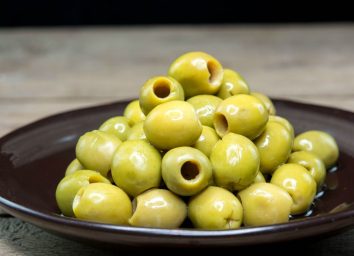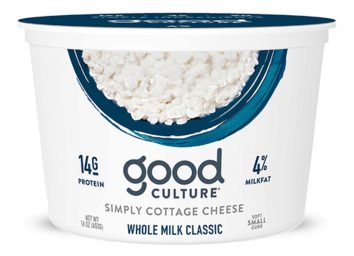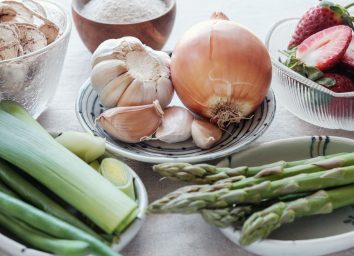No, Probiotics and Prebiotics Aren’t the Same Thing After All
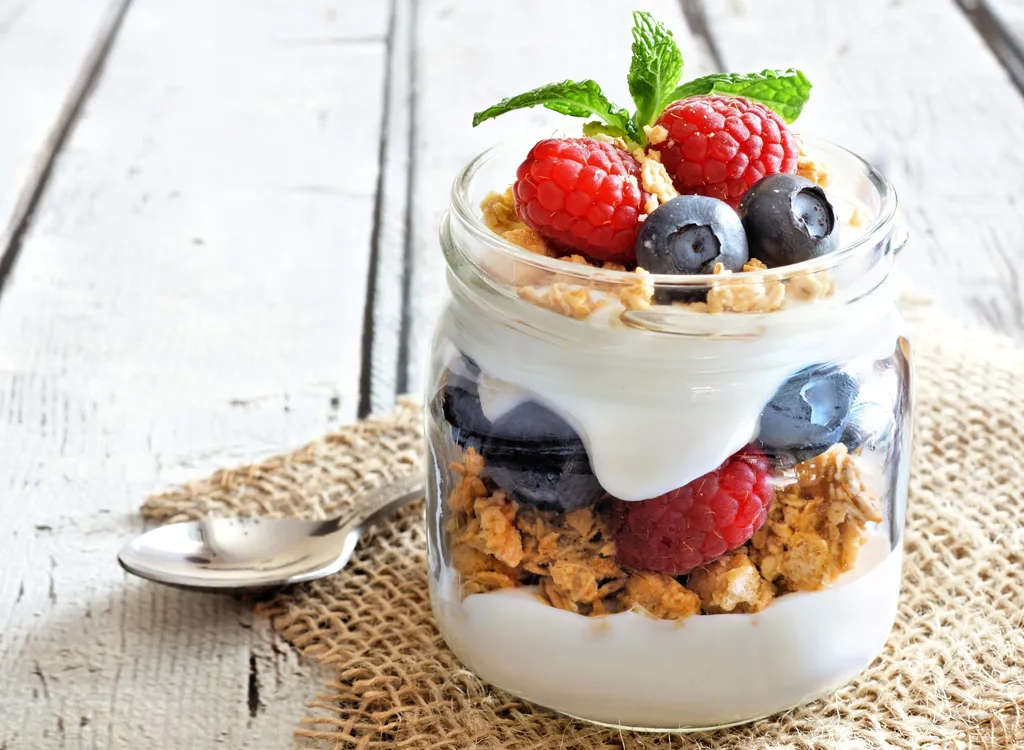
When it comes to improving gut health, you’ve likely been instructed to increase your intake of probiotics, or live bacteria that resides in your stomach and promotes healthful digestion. But, do you even know which foods are rich in probiotics? And have you even heard of just-as-important prebiotics? If you said no to both questions, don’t sweat it—you’re definitely not alone. In fact, according to a survey conducted by the National Center for Complementary and Integrative Health, only 1.6% of adults in the U.S. (about 3.9 million) reported that they used probiotics and prebiotics. That’s not a lot!
In order to understand the significance of both prebiotics and probiotics, it’s important to get a firm grasp on how both work. We spoke with Patricia Bannan, MS, RDN, and author of Eat Right When Time is Tight to explore the key distinction between the two.
What are prebiotics, and why are they important for gut health?
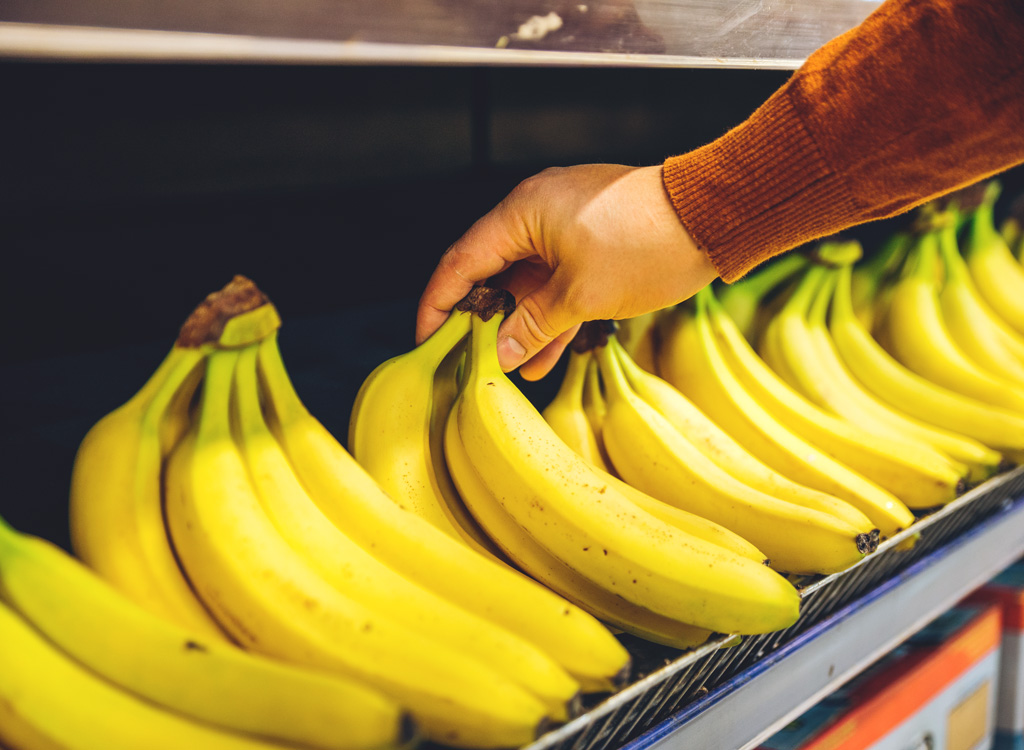
“Prebiotics provide fuel for resident beneficial gut bacteria and may confer a health benefit,” says Bannan. “They are fibers we don’t digest ourselves, so they are consumed by the good bacteria in our gut. The most common prebiotic is fiber—[which is] found in fruits, vegetables, and whole grains.” Bannan also says that bananas, onions, garlic, chicory root, and asparagus are all good examples of foods that contain prebiotics.
What are probiotics, and why are they important for gut health?
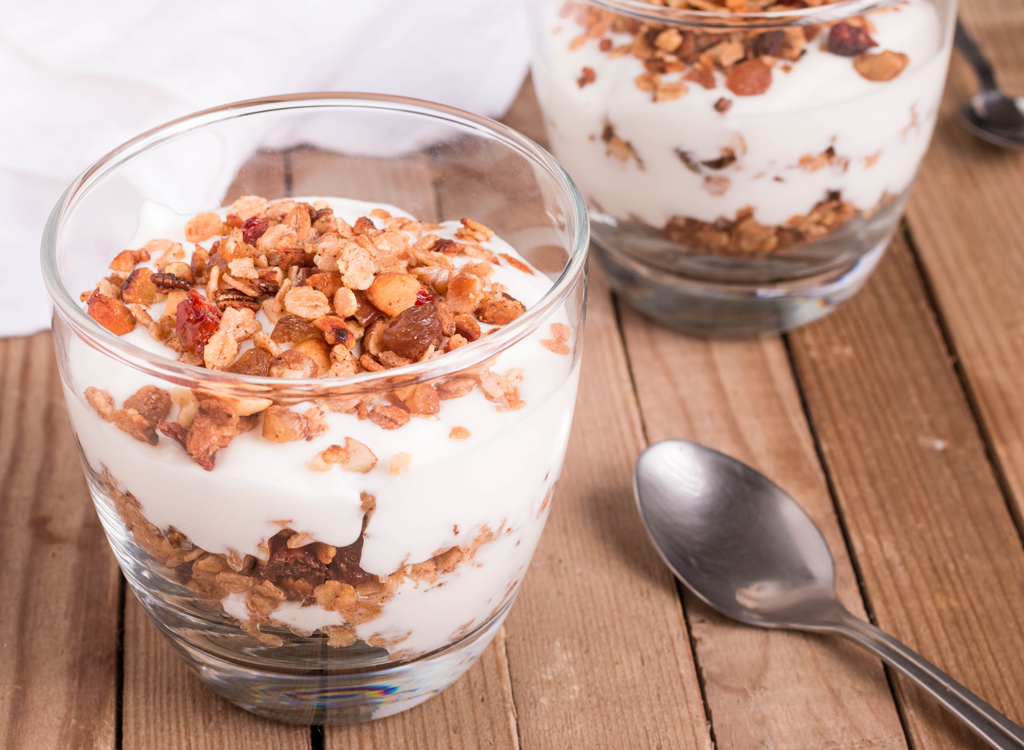
“Probiotics are live bacteria that are good for your digestive system and may help you extract nutrients from your food,” Bannan explains. “They are naturally found in some dairy products—like live-culture yogurts and some cheeses—and fermented foods.” A list of fermented foods that are chock-full of probiotics include kimchi, miso, sauerkraut, and kombucha.
Bannan also says that “research on probiotics suggests that these bacteria may help keep the immune system strong and reduce chronic inflammation.” Chronic inflammation is associated with life-shortening diseases such as diabetes, cancer, and heart disease, Bannan says.
Do you need both prebiotics and probiotics for good gut health?
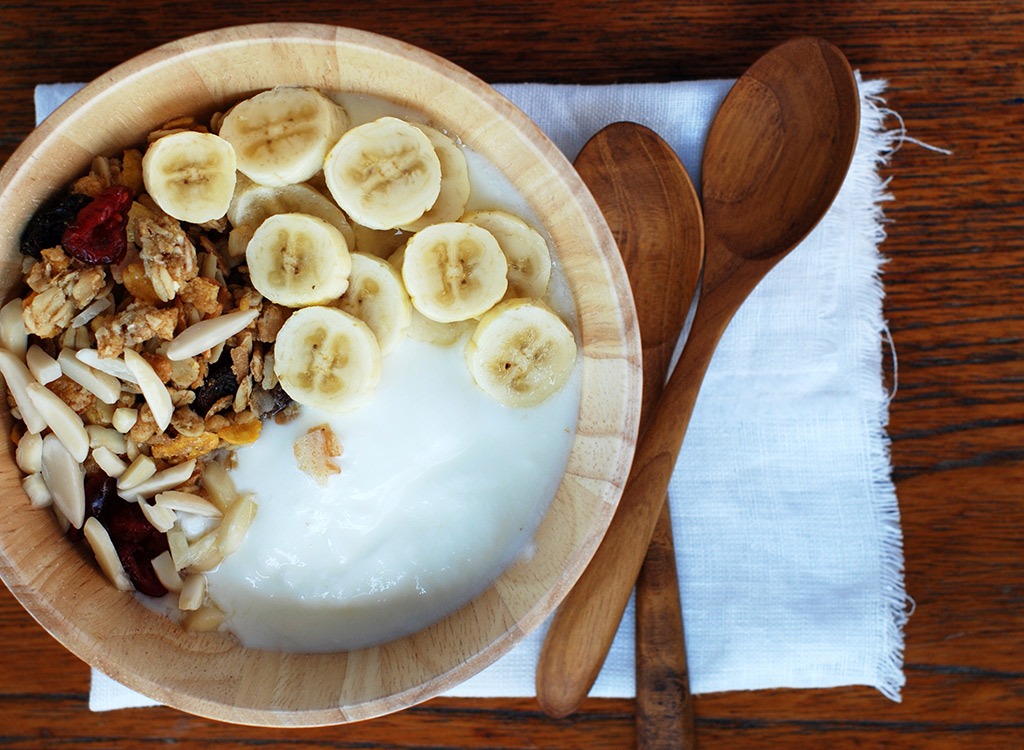
“Prebiotics and probiotics work hand-in-hand,” she says. According to Bannan, prebiotics encourage the sustainability of healthy bacteria, which ultimately make probiotics (aka healthy bacteria) more effective on gut health. So now you know they’re different, but together they can help keep your gut going strong. Bring on all the bacteria. The good ones, anyway.

